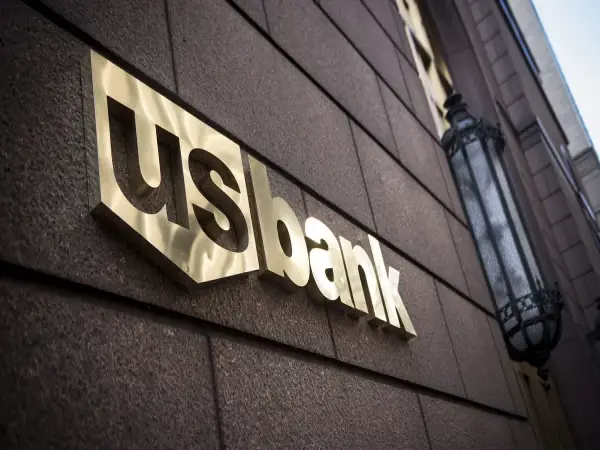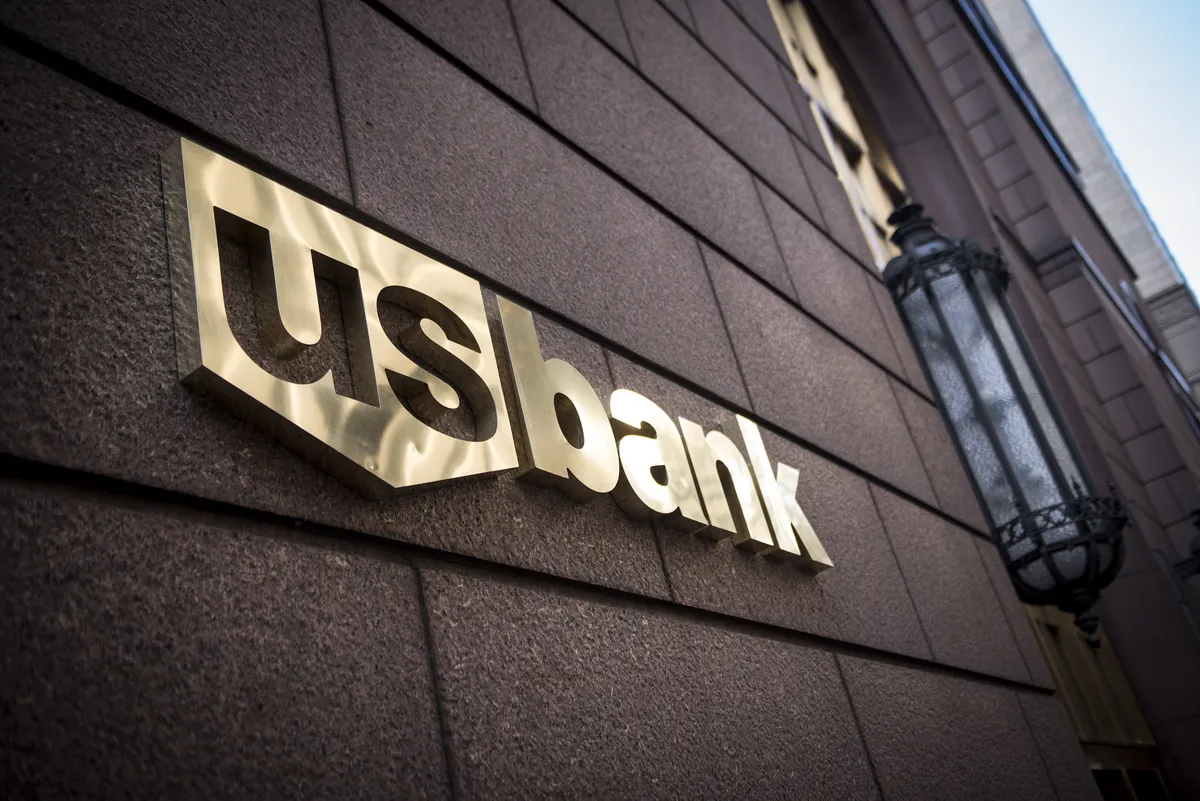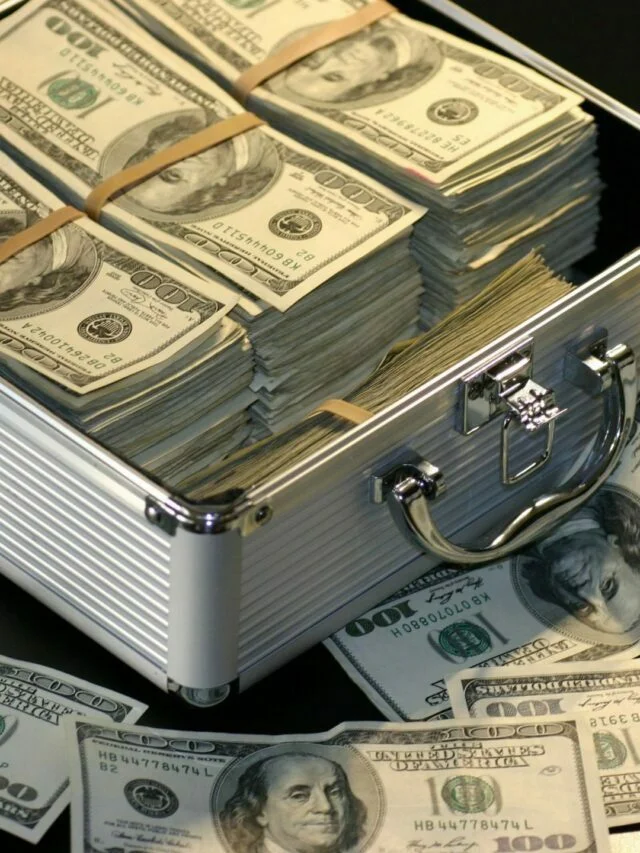
The recent collapses of Silicon Valley Bank and Signature Bank, two of the largest bank failures in U.S. history, have raised concerns among tech industry depositors. But, understanding FDIC insurance can help calm your fears and protect your savings.
It all started with a bank run at Silicon Valley Bank in Santa Clara, California. Too many depositors tried to withdraw their money, causing the bank to sell treasury bonds and other securities at a steep loss. As word spread, even more people tried to withdraw their funds, ultimately leading to the bank’s failure. Regulators also took control of Signature Bank in New York, citing the need to protect depositors after a surge in withdrawals.
Protecting Your Savings: How FDIC Insurance Keeps Your Bank Account Secure ?
Do you know how much FDIC insurance exists for your bank account? If not, you’re not alone. But, understanding FDIC coverage is crucial for keeping your savings safe and secure.
Typically, you’ll receive $250,000 of insurance per depositor, per bank. And, the insurance covers several categories of holdings, including checking and savings accounts, prepaid debit cards, and certificates of deposit.
But, what if your bank fails and your deposits exceed the $250,000 coverage limit? While there’s no guarantee, regulators have chosen to make depositors entirely whole in certain instances, such as with Silicon Valley Bank and Signature Bank.
Don’t let the safety of your savings be a mystery. Know your FDIC coverage and rest easy knowing that your bank account is protected.
The Safety of Deposits in U.S. Banks After a Bank Collapse
The answer is Federal Deposit Insurance Corporation (FDIC) Created in 1933 to provide insurance to depositors in case their bank fails. Promotes stability in the banking system and protects consumers. Insures deposits up to $250,000 per depositor per insured bank.
Types of Accounts Covered by FDIC Insurance
Checking accounts
Savings accounts
Money market accounts
Certificates of deposit (CDs)
Membership of Banks in FDIC
The vast majority of banks in the U.S. are members of the FDIC, including all of the largest banks.
FDIC insures deposits at banks and savings associations that are members of the FDIC.
FDIC's Role in Case of Bank Failure
FDIC takes over the failed bank.
FDIC sells the bank to another financial institution or liquidates its assets and pays out depositors.
FDIC typically pays out insured deposits within a few days of a bank failure.
Regulatory Oversight
The U.S. banking system is subject to strict regulations and oversight by the Federal Reserve and other regulatory agencies.
Designed to promote stability in the banking system and protect consumers.
What is NCUA and How does the National Credit Union
Administration (NCUA) protects my
money?
The NCUA is the independent federal agency that administers the
National Credit Union Share Insurance Fund. Credit unions that are
federally insured by the NCUA offer a safe place for you to save
your money, with deposits insured up to $250,000 per individual
depositor.
How do I know my money is 100%
protected?
FIRST STEP: Know how your accounts are organized, based on
type of ownership.
SECOND STEP: Divide your accounts into four ownership
categories:
- INDIVIDUAL 2. JOINT 3. TRUST 4. RETIREMENT
Check the chart below for share insurance coverage examples.

How do I know my credit union is
covered?
Look for the NCUA share insurance sign pictured below or use
the NCUA Credit Union Locator on MyCreditUnion.gov to find
a federally insured credit union.
Where can I get more information
about share insurance?
Visit the NCUA’s YouTube channel to access videos on NCUA’s share insurance coverage and how to use the NCUA share insurance estimator to calculate your coverage.
How to Maximize FDIC Coverage for Your Deposits ?
To maximize FDIC coverage ($250,000); there are ways to maximize your FDIC coverage and keep your funds safe.
One option is to set up a joint account with someone else, like a spouse. By doing so, each account holder receives $250,000 in coverage, making for a potential total of $500,000 in a single joint account.
But, what if you want even more coverage? Consider opening accounts at different institutions. The FDIC provides the same coverage at each institution, and there’s no limit to the number of institutions where you can have accounts and insurance.
Don’t leave the safety of your finances up to chance. Maximize your FDIC coverage and rest easy knowing that your money is protected.
Protecting Your Investments: How SIPC Can Keep Your Finances Safe
Are you worried about the safety of your brokerage and investment accounts? Fear not, the Securities Investor Protection Corporation (SIPC) is here to provide you with peace of mind.
Created under the Securities Investor Protection Act of 1970, SIPC serves as a backstop for brokerage firms in financial trouble. So, what exactly does SIPC cover?
Well, SIPC generally covers up to $500,000 of securities and cash for each customer, including a $250,000 limit for cash. And, if you have multiple accounts, your coverage limit may be even higher depending on the account types and whether they’re individual accounts or jointly held.
But, what if you have two individual brokerage accounts at the same firm? In that case, you would only receive up to $500,000 in protection for both. However, if you have a joint brokerage account, as well as two individual brokerage accounts at the same firm, you would receive an additional $500,000 in coverage for the joint account.
So, whether you have a traditional IRA, a Roth IRA, or an individual brokerage account, SIPC has got you covered. Don’t let financial worries keep you up at night – trust SIPC to keep your investments safe and secure.
Importance of Choosing a Financially Stable Bank
Depositors should research a bank’s financial statements and credit ratings before depositing funds.
FDIC’s BankFind tool can be used to ensure that a bank is a member of the FDIC and to review its financial information.
Conclusion
Depositors in the U.S. can rest assured that their money is safe in U.S. banks even if a bank fails.
FDIC provides insurance to depositors and typically pays out insured deposits within a few days of a bank failure.
However, it is still important for depositors to choose a financially stable bank and to be vigilant in monitoring their accounts.
Can banks seize your money if economy fails ?
Typically No, As FDIC insures deposits at banks, you’ll receive $250,000 of insurance per depositor, per bank.
Is my money safe in the bank during a recession ?
Yes, As Federal Deposit Insurance Corporation (FDIC)which is created in 1933 to provide insurance to depositors in case their bank fails.
It promotes stability in the banking system and protects consumers
What happned to Silicon Valley Bank (SVB) and Signature Bank
The government takeovers of Silicon Valley Bank (SVB) and Signature Bank sent shockwaves across the banking system and financial markets.
The stunning collapse of two failing banks in the span of three days has many Americans wondering: Is my money safe?
Recession 2023 Investment Opportunities in the United States


